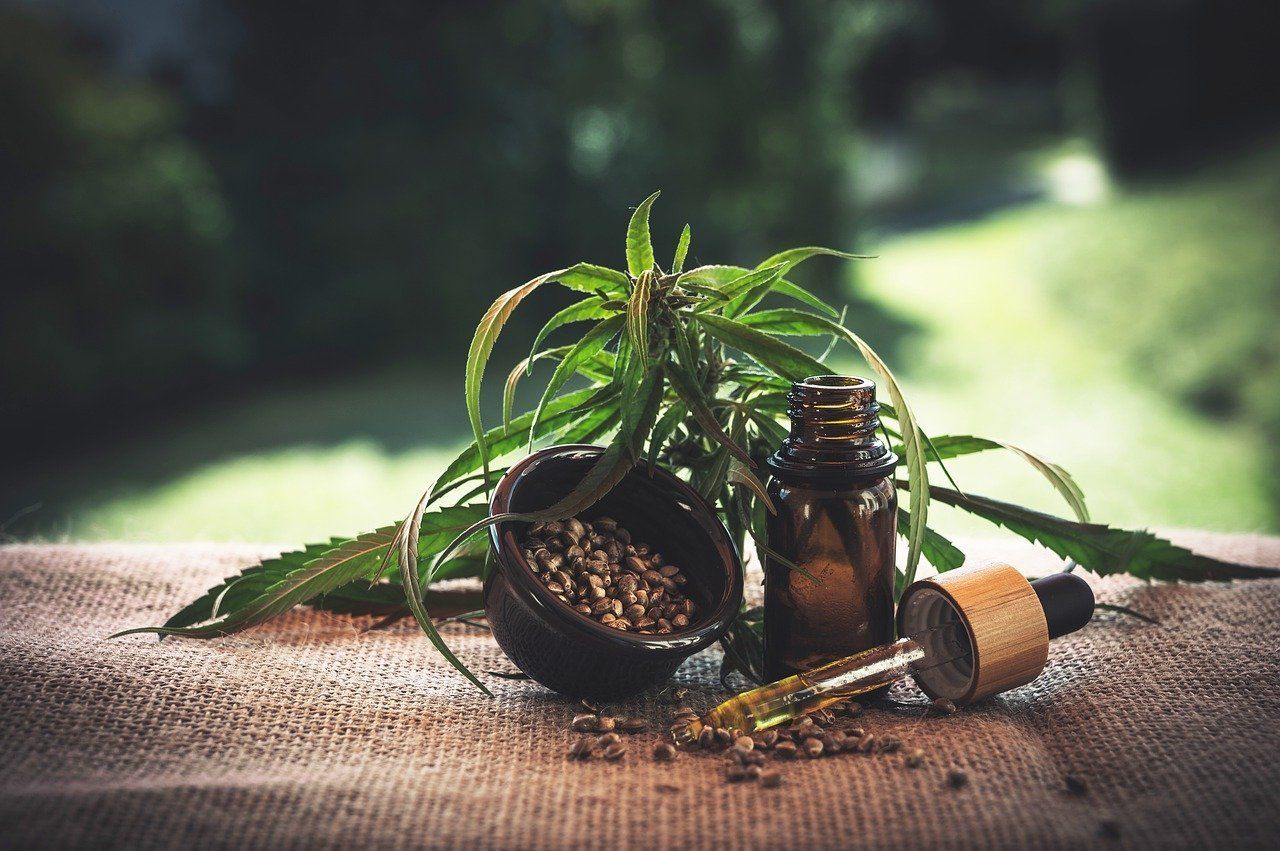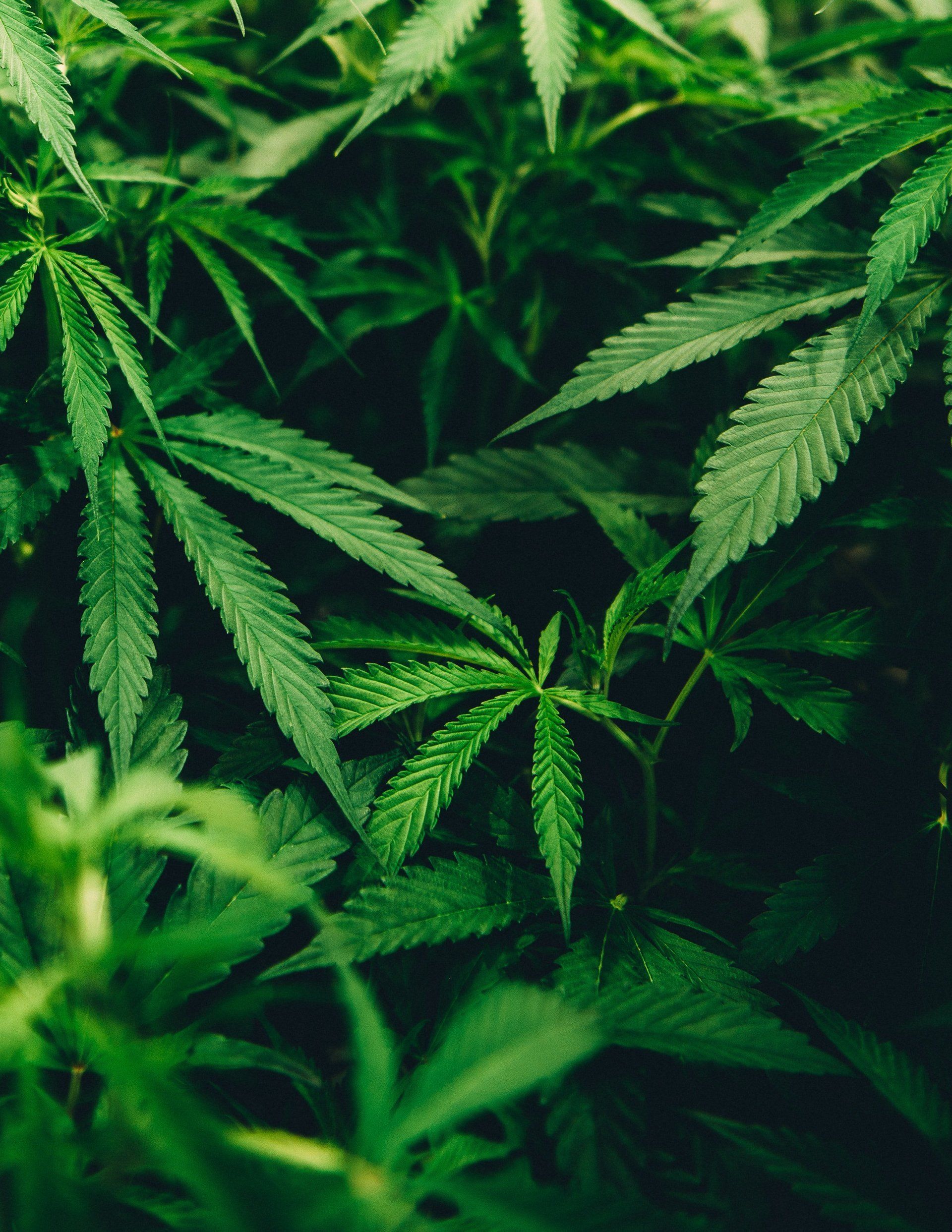The United Nations Has Reclassified Cannabis Clearing Path For Global Industry
For decades, the United Nations Single Convention on Narcotic Drugs has “colored” the treatment of cannabis. This is true for marijuana, industrial hemp, and non-intoxicating cannabinoids, such as cannabidiol (CBD), derived from the plant.
This week, the United Nations considered recommendations from the World Health Organization (WHO), among other factors, in deciding whether to adopt measures related to international cannabis reform - the core of which were supported by the United States.
The notion that cannabis is a drug with a high potential for abuse and no therapeutic benefits has officially been stricken from the tenets of global drug policy. The vote that occurred on Wednesday removed cannabis for medicinal purposes from a category of the world’s most dangerous drugs.
The timing of this vote is critical as the present global cannabis economy demands a pathway toward regulatory certainty amongst the current chaos. Further, there are numerous countries already engaged in the global cannabis economy seeking a clear path for market expansion and federal regulatory agency-supported, academic research. Today, many more countries sit on the verge of entering the global cannabis industry as the sector promises to be an economic driver in the downturn resulting from the COVID-19 pandemic.
This long-awaited and highly-anticipated decision represents a seismic shift in global cannabis policy - a change that could address global criminal law reform surrounding cannabis. In addition, the decision directly addresses the commercial pathway potential. In the past 72 hours, we’ve watched cannabis stock prices jump - a significant movement premised on investor activity grounded in a post-cannabis-prohibitionist world.
This new pathway specifically addresses the rescheduling of “marijuana” from the most severe category/classification to a much lower profile designation. It also addresses the immediate need to provide clarity as to the regulatory direction of the non-intoxicating hemp derived cannabinoids, such as CBD.
History has been made by virtue of the fact that WHO Recommendation 5.1 was adopted by a 27 “yes,” 25 “no,” and 1 abstention. Recommendation 5.1 set forth that cannabis and cannabis resin, which are currently included in Schedule I and Schedule IV of the Single Convention on Narcotic Drugs of 1961, be controlled only under the least restrictive category - Schedule I. For the purpose of clarity, Schedule I in the Single Convention on Narcotic Drugs of 1961 is the least restricted set of drug controls. This is, of course, the opposite of the Schedule I”designation under the United States Controlled Substances Act which is the most restrictive category or control.
This deletes cannabis and cannabis oil from schedule 4 of 1961 Convention, which was perfectly characterized in a text to me from Nic Easley, CEO of Comprehensive Cannabis Consulting, at 4:01 a.m. Mountain Time, “Bob, huge!” Indeed, Nic.
To further illustrate its significance, cannabis is defined extremely broadly under the 1961 Convention —
“’Cannabis’ means the flowering or fruiting tops of the cannabis plant (excluding the seeds and leaves when not accompanied by the tops) from which the resin has not been extracted, by whatever name they may be designated.”
The breadth had previously been a problematic issue due to the fact that its breadth would appear to confuse issues surrounding industrial hemp. However, in this instance, its breadth and the corresponding reschedule vote is widespread and sweeping.
Now, the UN did reject a WHO Recommendation that would have provided clarity to the burgeoning global CBD industry. The proposal would have introduced and defined cannabidiol (CBD) into the 1961 Convention – which would have been a footnote effectively stating that CBD is not a defined controlled substance under the 1961 Convention. In rejecting this proposal, they effectively affirmed the fact that CBD and other non-intoxicating cannabinoids and derivatives are not controlled. Yet, they did this to avoid precedent, and to provide the very clarity that the footnote was introduced to do – the members voting against the footnote said they want to avoid setting “a precedent that the CND now has to start adding footnotes,” which would “displace the presumption that things are not controlled unless explicitly stated to be controlled.” In other words, CBD is affirmed as not being scheduled within international drug conventions, and therefore is not subject to drug controls. As such, CBD is exempt, unless specifically scheduled.
The rescheduling of cannabis under the UN Convention would further signal that cannabis crimes within signatory countries should carry far lesser penalties, if not decriminalization consistent with violations of other less restrictively controlled substances. This represents great progress for criminal justice reform.
But, does the rescheduling of cannabis (versus forms of rescheduling)signal the delivery of a fast and deliberate upperhand to the pharmaceutical industry concerning all things medicinal cannabis? This would be entirely disruptive to the very foundation of the global cannabis economy. Unless of course policy makers worldwide begin to recognize the fact that pharmaceutical products can stand side by side with wellness products, over the counter marijuana and exempted industrial uses of the plant, as I have posited for years with the “Four Policy Lanes” discussion.
This begins to create a pathway for cannabis to form the basis for a post-COVID economic driver on an international scale. The clarity of commercial cannabis is far from certain, but it is moving forward. It is doing so in a manner that: (i) provides hope to patients; (ii) begins to unlock the full potential of the cannabis plant and its compounds for medicinal and therapeutic purposes; (iii) effectuates criminal justice reform; and, (iv) provides the foundation for a platform that supports (although exactly how, when, where and why remain to be seen) a global, commercial cannabis economy that will drive growth, sustainability, job creation, and commerce for the foreseeable future. Cannabis is, after all, the fastest growing industry in the world – perhaps literally and figuratively.
In one fell swoop, the notion that cannabis is a drug with a high potential for abuse and no therapeutic benefits has been stricken from the tenets of global drug policy, and the fact that cannabis is “deleterious to society” - a notion underlying the 1961 Convention - has been struck a tremendous blow. This decision serves to advance vast possibilities related to medicinal and/or therapeutic development and research, which will help our world further tap into the enormous potential of the cannabis plant.
Finally, this determination has the potential to place an added incentive for the Biden Administration to reconsider U.S. cannabis policy. The ball is now in play. History's page will be neatly carved in stone. The future's here, we are it, we are on our own. Game on!






